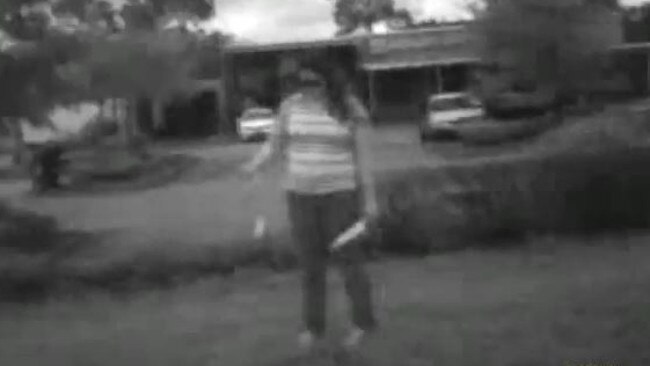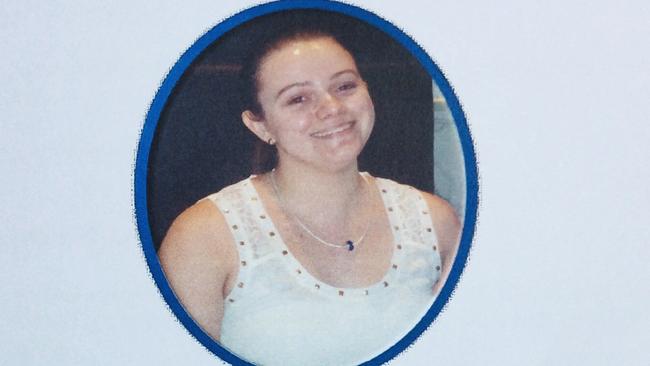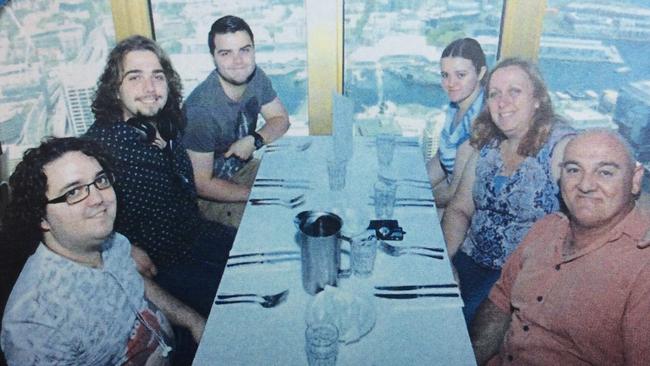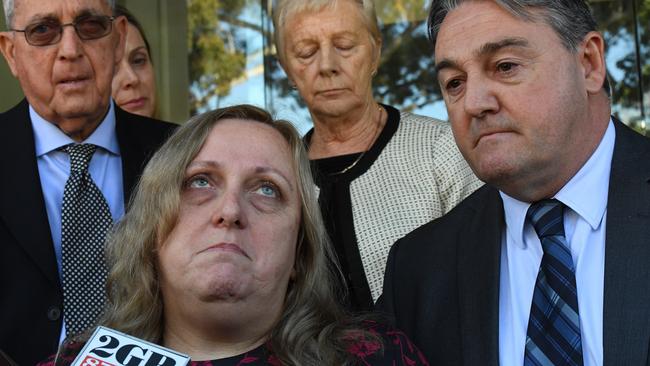Hoxton Park police shooting: officers cleared of wrongdoing after Courtney Topic’s death
Police have been cleared of any wrongdoing after a young woman struggling with her mental health was shot and killed by an officer at a fast food restaurant in 2015.

Liverpool
Don't miss out on the headlines from Liverpool. Followed categories will be added to My News.
Police have been cleared of any wrongdoing after a young woman struggling with her mental health was shot and killed by an officer at a fast food restaurant in 2015.
Courtney Topic was just 22 years old when she was shot by a police officer outside Hungry Jack’s in Hoxton Park as she appeared to lurch towards him with a knife on February 10, 2015.
A local resident had called triple-zero after seeing the young woman walking along the road, wielding a large knife, hitting herself in the head and talking to herself.

Deputy state coroner Elizabeth Ryan said Ms Topic’s death raised broad issues about how police officers were trained to deal with people suffering mental health crises.
“The NSW Police Force understands that responding to people in mental health crisis can be difficult and unpredictable,” Ms Ryan said.
“Errors were made that morning which made the resort to lethal force a tragic inevitability.”

The officer who shot Ms Topic did so after his partner’s Taser failed to fire.
Ms Ryan accepted forensic psychiatrist Dr Kerri Eagle’s view that Courtney was “suffering undiagnosed schizophrenia, and was probably experiencing a severe episode of psychosis”.
“Almost all witnesses were struck by her extraordinary lack of responsiveness to a situation where uniformed police were shouting commands and pointing weapons at her,” Ms Ryan said.
“She was described as looking as though she was ‘in a daze or in her own little world’, of looking ‘like a zombie’.”

Ms Ryan accepted the police officer who fired the fatal shot believed he was under threat of serious harm or death.
“The evidence supports a finding that when the three officers discharged or attempted to discharge their weapons they had subjectively reasonable grounds to do so,” she said.

However, Ms Ryan said better mental health response training for police was required to prevent similar tragedies in the future.
“The question one is left with is why an understanding of mental health did not guide the approach of the responding officers, despite their having received MHIT training,” she said.
